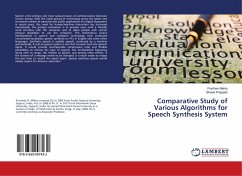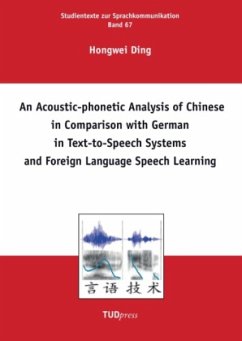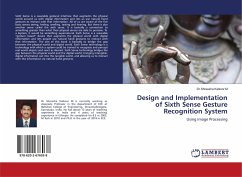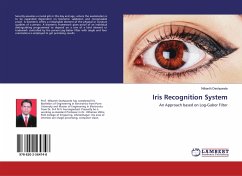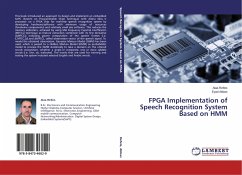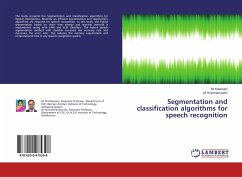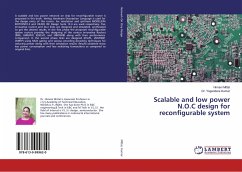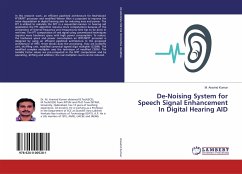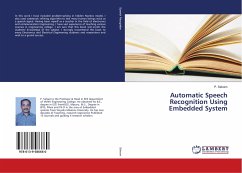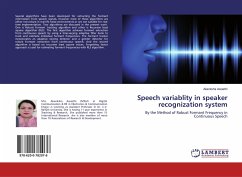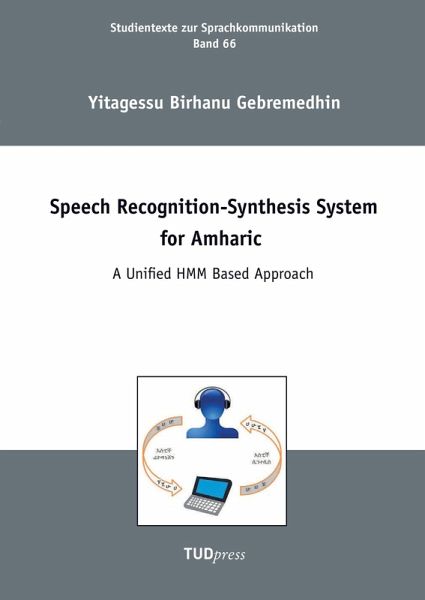
Speech Recognition-Synthesis System for Amharic
A Unified HMM Based Approach
Versandkostenfrei!
Versandfertig in 1-2 Wochen
39,80 €
inkl. MwSt.

PAYBACK Punkte
0 °P sammeln!
Amharic is the official language of Ethiopia and one of the most under-resourced languages in the world. The first part of this thesis deals with development of a syllable based ASR system for Amharic. It is demonstrated that a smaller number of acoustic models are sufficient to build a syllable based, speaker independent, continuous, Amharic ASR. It is built for weather forecast and business report applications using the UASR tool kit. A speech corpus of more than 35 hours duration was recorded in three different environments. The grammar is finite state transducer based and the lexical model...
Amharic is the official language of Ethiopia and one of the most under-resourced languages in the world. The first part of this thesis deals with development of a syllable based ASR system for Amharic. It is demonstrated that a smaller number of acoustic models are sufficient to build a syllable based, speaker independent, continuous, Amharic ASR. It is built for weather forecast and business report applications using the UASR tool kit. A speech corpus of more than 35 hours duration was recorded in three different environments. The grammar is finite state transducer based and the lexical model consists of thousands of words. Though acoustic models for only 93 syllables are trained, a recognition accuracy of 93% is achieved. In the second part of this thesis, development of a parametric unit selection-based speech synthesis for the Amharic language is explained. A speech corpus uttered by a single male speaker is used to train the HMMs. The final section analyzes a corpus of read Amharic speech and surveys syllable-based prosodic variations in F0, duration and intensity to develop suitable prosody models for speech synthesis and recognition.



